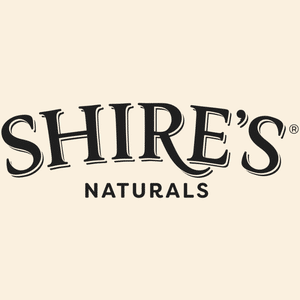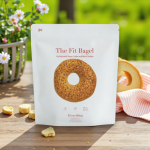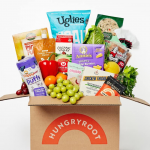‘Just Good Business:’ Why Food Businesses Have Adopted Inclusive Hiring
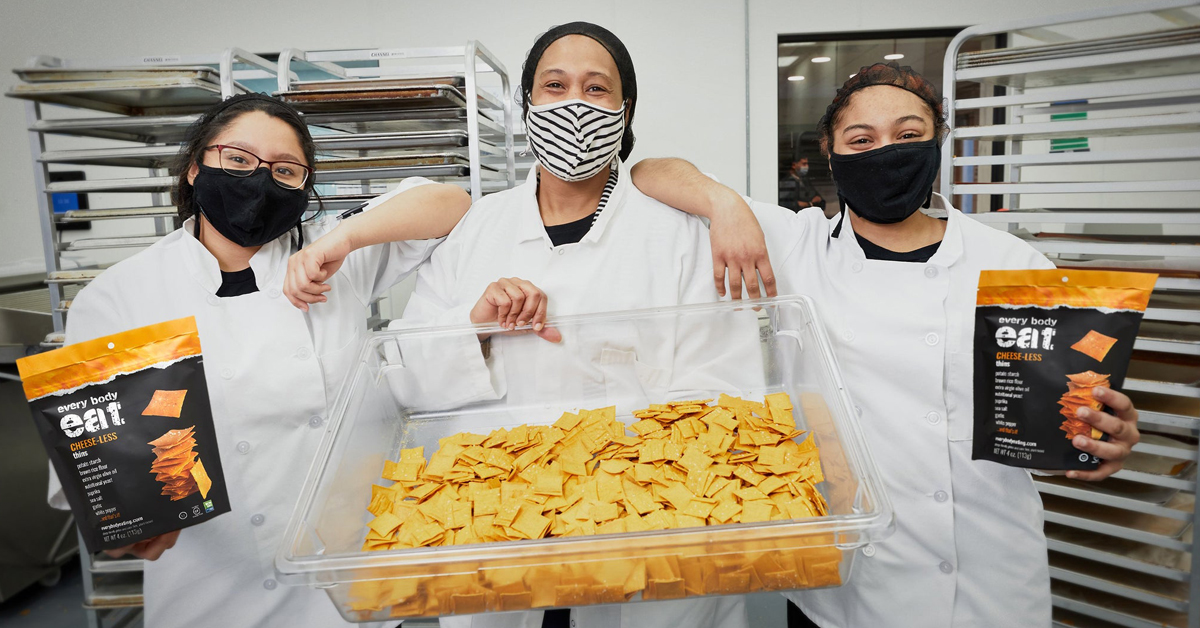
Manufacturing is a difficult-to-staff sector. Many factory workers are aging out, and, during the pandemic, younger workers have increasingly sought skilled jobs featuring flexible hours and benefits. To fill the many manufacturing jobs out there, food companies are broadening the pool of workers, finding luck with those who may have faced barriers due to language differences, background check requirements, disabilities or a host of other reasons.
CPG food brands including brownie baker Greyston Bakery, english muffin producer Dam Good Muffins, plant-based food company Shire’s Naturals and clean ingredient cracker brand Every Body Eat are all mission driven companies. They are also actively honing a commitment to the workforces they build as much as to the food they produce.
Each business has taken a unique approach to making their hiring process more inclusive and accessible to all, in turn, giving countless individuals a second chance, or in many cases, a first shot at meaningful employment. These companies report their hiring approaches have contributed to a more committed and tenured manufacturing workforce, improved their operations and generated a strong presence and support for these brands within their local communities.
“It’s a virtuous cycle, and it gives us an opportunity to break a lot of vicious cycles,” said Nichole Wilson, co-founder and president at Every Body Eat. “We are not just creating jobs, we’re actually building careers. When you do that, there’s a much different approach that you take to partnership. We work with our team on building critical job skills, but also life skills.”
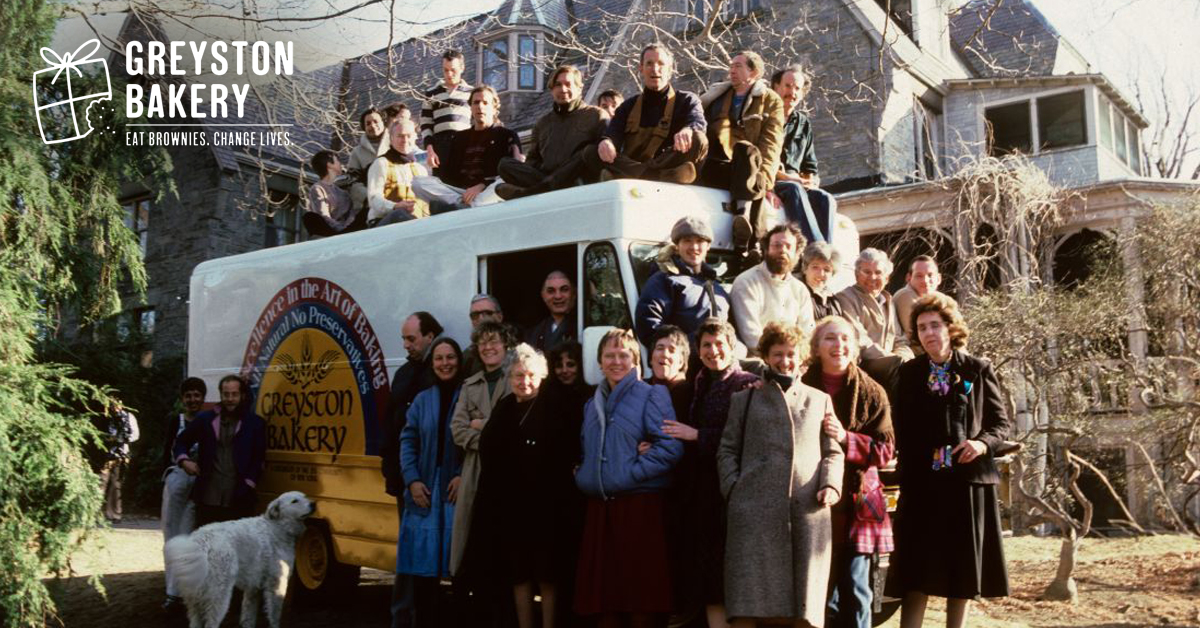
The Origins of Open Hiring
There wasn’t a blueprint for these brands when they began building their workforces, but there is at least one early advocate that has inspired the approach. Yonkers, N.Y.-based Greyston Bakery has taken an Open Hiring approach since it was founded by Bernie Glassman, an aeronautical engineer-turned-Buddhist monk, in 1982. Glassman opened a monastery in Yonkers that supported itself by selling baked goods and soon started to invite local homeless individuals to help out.
Today, its production workforce totals 80 employees; general manager Kevin McGahren said about two-thirds of that group are formerly incarcerated individuals, while many have struggled with substance abuse, and mental illness. There are also people who face barriers to hiring such as their immigrant status or advancing age. All of these groups face barriers within the traditional application-interview-background-check hiring process, but it was Greyston’s early inspiration – to fill a mutual need for its own aims and those of its local community – that set its now 40-year-old Open Hiring Policy into motion.
The candidates are found via a simple list, and anyone can put their name on it, either via the company’s website or by following a QR code posted on the factory door. McGahren said it can, at times, take upwards of a year for an individual to make it to the top of the list, depending on the company’s hiring priorities and how long the list gets.
Once they accept the spot, they join an orientation session, and if they reliably show up and do the job, it is theirs for the taking. There is no interview process, job application, or background check during the process. McGahren said all the individual needs is one form of proof that they are legally eligible to work.
“They have to be able to show up, work well with others, learn, and then those are the people that are retained. Over time, other people will sort themselves out. But we really try to give everybody that first chance, so there is no barrier to opportunity,” McGahren said.
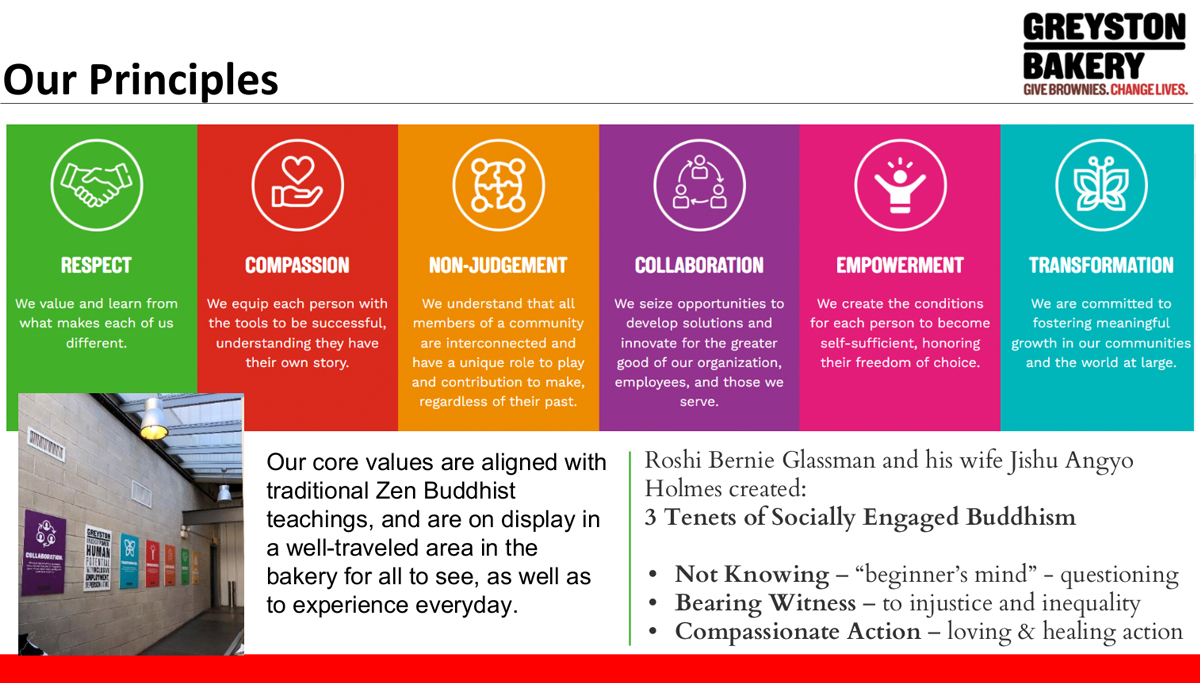
Every Body Gets a Chance
While Greyston has refined its recruitment recipe as it has grown, Chicago-based Every Body Eat baked an inclusive approach into the startup’s mission upon launching in 2020.
Similar to Greyston, Every Body’s workforce also consists largely of formerly incarcerated individuals. The company’s initial hires were sourced through a pipeline of individuals from a few anti-gun violence organizations in Chicago that Wilson had worked with in her previous role as an impact investor in philanthropic causes through the organization Chicago Beyond.
According to the U.S. Department of Justice (DOJ), over 650,000 people are released from prison each year, meaning there is an ample pipeline of individuals who are likely able to work, but will face limited opportunities once on the outside. With a recidivism rate of 66% in the U.S., gaining meaningful employment is a major first step helping ex-offenders stay out of the system.
Today, Every Body Eat employs about 30 production workers in its 20,000 sq. ft. facility – a major jump from the three to four employees it began with during the early days of the pandemic, when it worked out of a 1,000 sq. ft. facility. As the team has grown, so has its impact. According to Wilson, the four-year-old company recently celebrated three team members’ three-year anniversaries.
But not everyone has been successful in supporting ex-prisoners via open hiring. Fellow New York-based Dam Good English Muffins aimed to emulate the approach of Greyston when it was founded in 2017. The company’s facility is located just 20 minutes away from Sing Sing Correctional Facility, and, according to co-founder Olivia Weale, the team hoped to support newly-freed individuals as they got on their feet and back into the workforce.
However, the location of its Peekskill, N.Y., factory has proven to be a challenge. The company has only managed to hire a handful of individuals through its Open Hiring policy and struggled to maintain a steady pipeline. Weale said many people incarcerated at the prison leave the region after release and due to its location, and it remains a challenge for those who lack reliable transportation.
An open, inclusive hiring approach is particularly beneficial to a company that owns its manufacturing, explained McGahren. Having supported production at companies including Hain Celestial, Dancing Deer Baking Co., American Beverages Inc., Nabisco and more, McGahren emphasized throughout his career he has often taken an similar, albeit more informal, approach to staffing these facilities.
“Even if you do the interviews, do background checks, you don’t know if they are going to show up, if they can work well on teams and what not,” said McGahren. “If you really do have unskilled, walk-in-the-door jobs that people can do, it’s really the way to go [because] now you’re making a decision based on how they do. It creates a fair environment.”
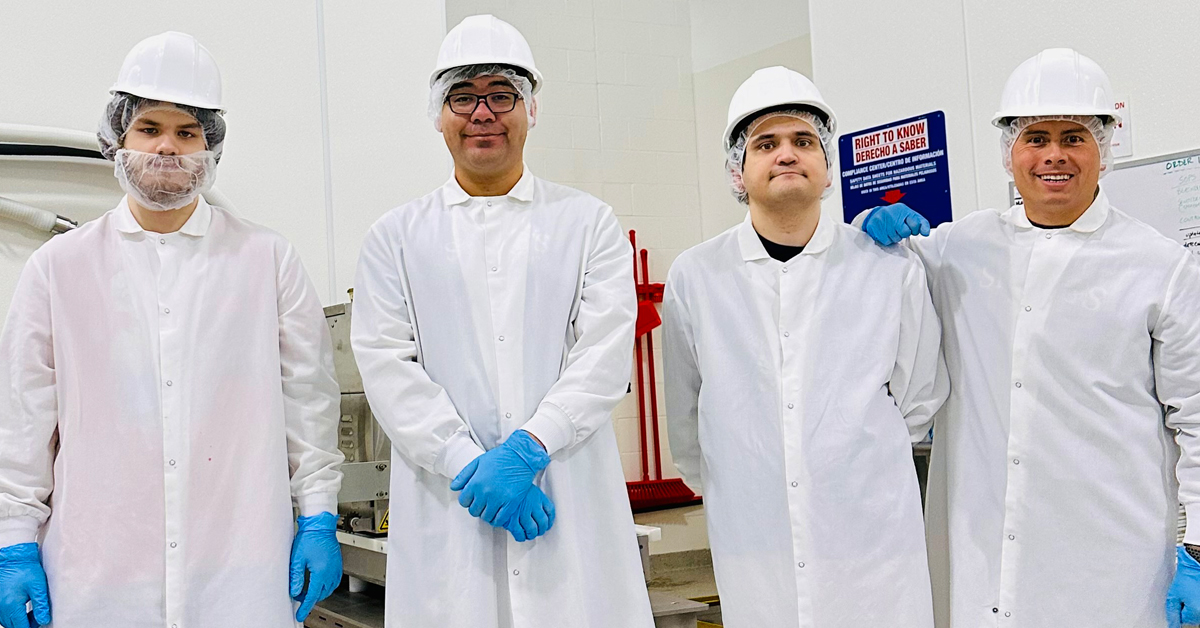
Field Trip For Hire
Peterborough, N.H.-based startup Shire’s has also embraced a walk-in-the-door hiring style. Its longest serving employee, Andres, joined the company after visiting the plant on a high school field trip. Andres is on the autism spectrum and showed enthusiasm for the business during his visit, prompting co-founders Joshua Velasquez and Adam Hamilton to offer him a position.
Now at age 24, Velasquez jokes that Andres “is basically our boss” on the production floor. He has grown from having never made coffee for himself, to now eagerly tackling new equipment setup, training new team members and has remained steadfast in his commitment to the company’s success, Velasquez said.
“We hired a consultant during COVID who said ‘You guys are in survival mode right now. Get on the floor. See who doesn’t want to work there. Trust me, you’re going to find people that don’t want to,” Velasquez remembers. “Almost everyone got cut except Andres because he would show up all the time, do everything correctly, follow the steps [and] he was looking out for the company.”
As Andres began to thrive at Shire’s, word spread around their local community and the company has since hired about four more individuals who also have autism spectrum disorder. The company has tried to give other potential hires with disabilities initial job opportunities that have enabled them to advance their careers beyond food production.
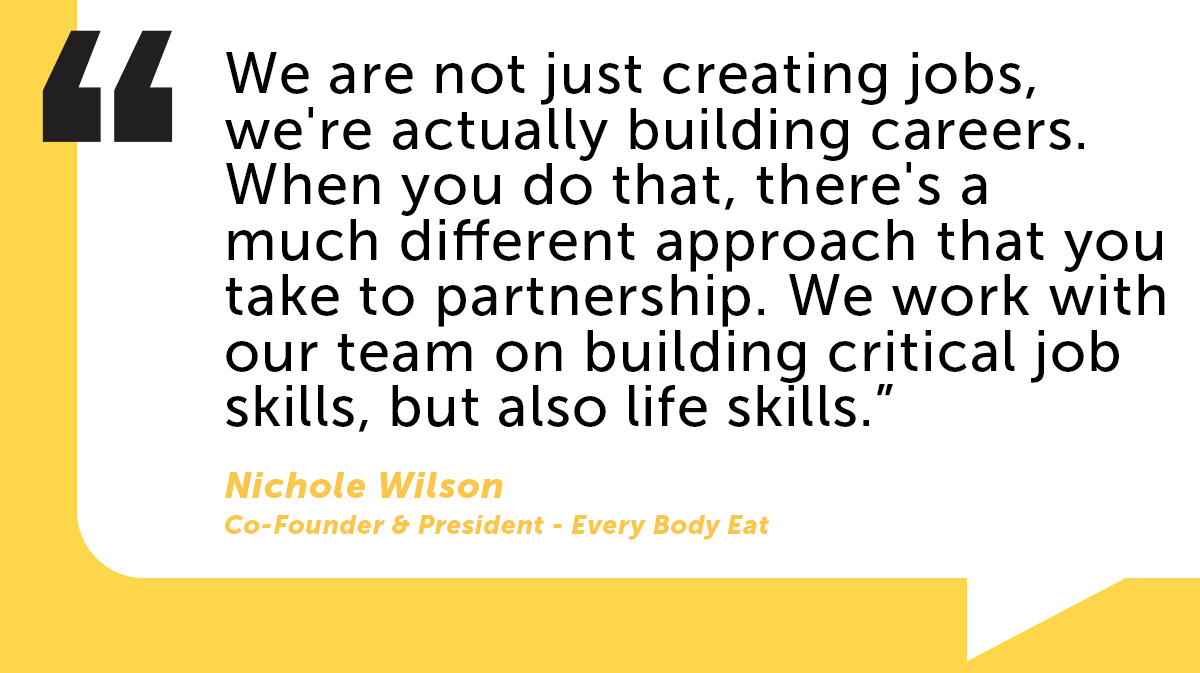
Growing Skill Sets
While McGahren and Wilson claim that one of the largest benefits to the business is a committed, tenured workforce, they also both emphasized that upward mobility and career growth are a key piece of those efforts. At times, that also means encouraging employees to move on to a new company, which opens up a spot to give another individual an opportunity.
Greyston offers a range of seasonal, entry-level positions that production line workers can move up into in order to advance their own skill set, including basic phone, computer and customer service skills, McGahren explained. Within the company’s 40-person management team, half of those individuals came from Open Hiring and started on the production floor.
“Once people make it here over three or four years, turnover really drops,” said McGahren. He said the company’s retention rate for first-year employees runs at about 50%, an average rate for the manufacturing industry, but noted that some years turnover has been as low as 20%.
Part of the reason folks stick around are the additional resources these companies offer. At one point Greyston offered “wraparound services” for those who lacked a home, childcare, transportation or healthcare. Managing that on top of the business became too complicated so now it instead has an in-house, full-time caseworker who assists and serves as an advocate for its workforce.
At Every Body Eat, there is a similarly strong focus on honing a “growth mindset” and building life skills as well as job skills. Employees can be compensated for attending financial planning and management seminars, and Wilson said she offers budgeting guides to anyone interested. Since it may be the first job for the majority of hires, Wilson said she takes extra time to build soft skills and help stabilize teammates so that they are able to stick around and “become the future leaders in the company.”
“When I see something happen – like someone trying to charge a 27% interest rate on a car lease – I pick up the phone, and instead of the person on the other end thinking they’re talking to one of our hourly wage workers, instead they’re talking to a Stanford MBA about predatory lending practices,” said Wilson, explaining how she models scenarios in front of team members so that they can feel empowered to take action themselves and become “positive nodes” within their own communities.
For Every Body Eat, stabilizing its workforce has come in a variety of forms and it starts on an employee’s first day on the job. Initially, 65% of its workforce was previously incarcerated, 20% housing insecure and 80% food insecure. Wilson said it took time, patience and understanding to grasp “what is hard” for these individuals and develop ways to alleviate some of that pressure, including hosting weekly lunches – and ensuring there were leftovers for folks to take home.
“That onboarding process really helps to build a culture,” explained Wilson. “It helps to build that trust. It helps to engage and inform, and it also is to set expectations and also make sure that the team understands the business and no one just shows up on the cog in a wheel and [doesn’t] understand how [their] actions impact the broader company.”

Communication Challenges
Here’s one thing these companies all have in common: none of them have used their hiring mission as a tool to capture consumer interest. Shire’s co-founders emphasized they haven’t found a “tactful” way to do so without coming across as “exploitive.”
“We always have to think about how they feel about their story being told, or if we’re going to tell it, it has to be coming directly from them,” said Velasquez.
But that doesn’t mean it isn’t bubbling to the surface and resonating where impact might help. According to Wilson, Every Body Eat was named a regional winner of Whole Foods Supplier of the Year in 2021 because the retail executives were shocked by the workforce and community they had built when they came to tour the factory.
Greyston, which includes a callout to its unique hiring practices on its branded brownie packaging, prioritizes product quality above all else. The brownie baker’s largest and longest-standing ingredient customer, Ben & Jerry’s, has helped the company grow to where it is today, but when it comes to some retailers, McGahren said the mission hasn’t had a notable impact.
“At the end of the day, people think the mission is nice, but they’re still going to buy on price, quality and service,” McGahren said. “We were in front of a Costco buyer recently – a great, great person – and he said ‘I don’t care about your mission, because my mission is to provide the lowest price and best quality product for my consumers. If you can meet that, then I care.’”
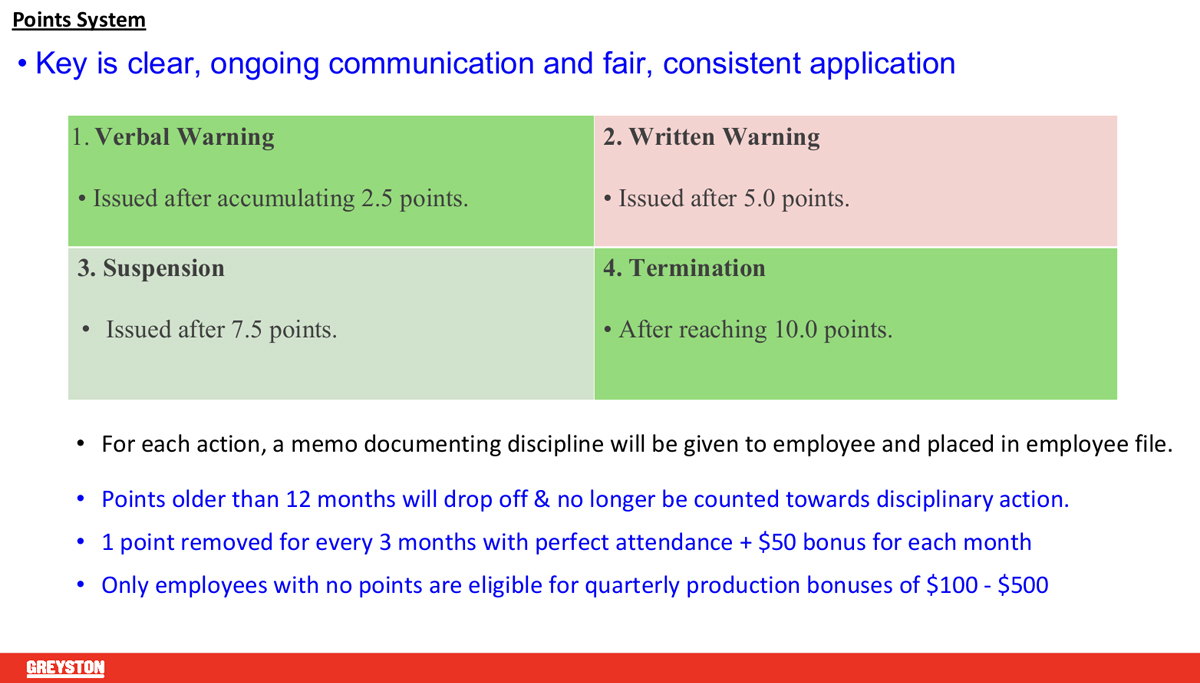
‘This is Not Charity’: Benefits To The Business
Giving someone a shot and hiring this way doesn’t cost any extra, agreed Velasquez, Wilson and McGahren. While it may take some additional time, patience and understanding, the payoff will be worth it, each operator emphasized.
“This is not charity. Having a workforce that has tenure in manufacturing is a competitive advantage,” Wilson said.. “It’s being a good human, but it’s also just really good business.”
One way it helps is that word around these kinds of open employment practices spreads quickly by word of mouth within local communities. Not only does this allow for a steady stream of potential candidates, but it also strengthens the business’s ties within its home region. The result has been multi-generational workforces with diverse approaches to problem solving: “We really give value and credence to that human experience,” said Wilson
As for the brand leaders themselves, Velasquez emphasized that working with neurodiverse and differently-abled individuals has not only made him a better manager, but has also helped him slow down, and become a better listener. It’s also improved the company’s production processes so that anyone has the ability to work on the floor. Shire’s co-founder Adam Hamilton added that neurodiverse individuals in particular bring what is called “first day focus” to the job.
“Every single day they come in to work, they’re hyper focused on everything happening around them, every detail of everything,” Hamilton said. “What an amazing skill set to have.”
Hamilton and Velasquez said the only cost is “slowing down” in the fast-paced world we live in and allowing each individual a little extra time to catch up, but when they do, “they’re going to be one of your best employees.”
Wilson, who has led the Sabra Hummus joint venture, R&D strategy for PepsiCo’s food portfolio as well as a $40 million impact investment fund, emphasized a similar sentiment as Shire’s while reflecting on the strengths and abilities of her current team.
“I’ve worked with some of the best and brightest on Wall Street. I’ve worked with titans of industry in CPG, and this is the team that I would go into the trenches with and go to bat with every single day,” Wilson said. “We always say, hope is not a strategy, and no one is coming to save us, and no one understands that better than my team. When it comes to problem solving this team has it in spades.”
Note: Andres asked that his last name not be used due to privacy and security concerns

